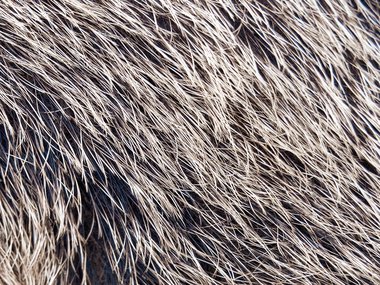Question Your World: What Can Dino Dandruff Teach Us?
People love dinosaurs! Dinosaurs still reign supreme in movies and video games. Scientists too are still all about these extinct beasts, with new discoveries being made all the time. The most recent dino discovery has enabled experts to better understand the evolutionary link between dinosaurs and birds. This is not your standard dinosaur bone discovery, but it certainly is head and shoulders above the rest. Dino dandruff is now helping us see some pretty important similarities between these terrible lizards and birds.
Millions of Americans went to see Jurassic World: Fallen Kingdom during opening weekend. In fact, the box office numbers brought in over $700 million in ticket sales worldwide. So, clearly, despite the fact that they’re terrible lizards, we humans surely seem to love them, both on the silver screen and out in the field, where new discoveries from the real Jurassic world are still being made.
Recently a team of researchers made a big find that further strengthens the dinosaurs to birds evolutionary connection. Was it eggs? No. Was it feathers? No. Was it an epic beak like shnoz? No! It was dandruff!
There’s a real head scratcher. Why does dandruff link dinosaurs to birds? These little fossilized bits of dino-dandruff are made of tough cells called corneocytes and, similar to birds, dinosaurs occasionally shed these skin cells. Modern reptiles, on the other hand, shed in a single piece or several big pieces, like a snake, for example.
As more research is published, the link between dinosaurs and our fine feathered friends continues to grow. Unlike the dinosaurs that Chris Pratt was dealing with, these real life mid-Jurassic period dinosaurs were way more colorful and there were feathers involved. This dandruff find also helps scientists better understand how skin features evolved, as dinosaurs and birds began to bear feathers!
Terrible lizards? They seem to have a lot in common with birds, making scientists wonder if there were really all that terrible? More research ahead to answer these important questions!

